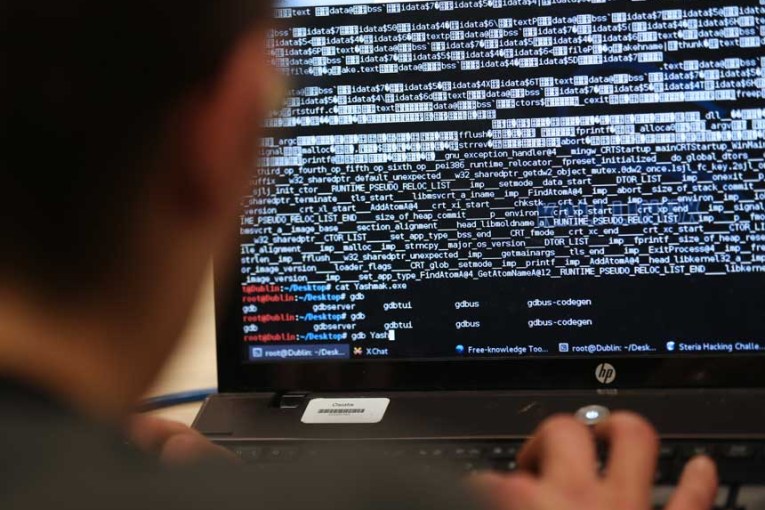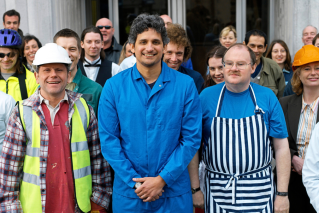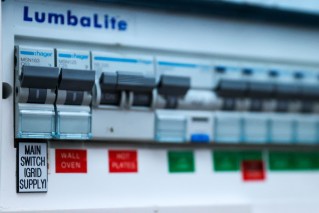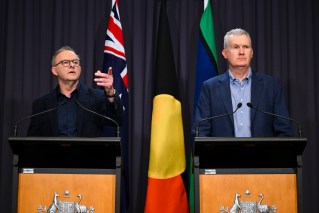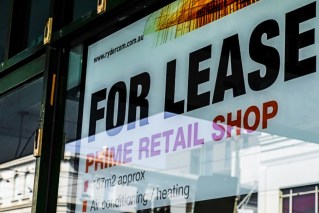Freelancers and sole traders: The workers left behind by the coronavirus stimulus

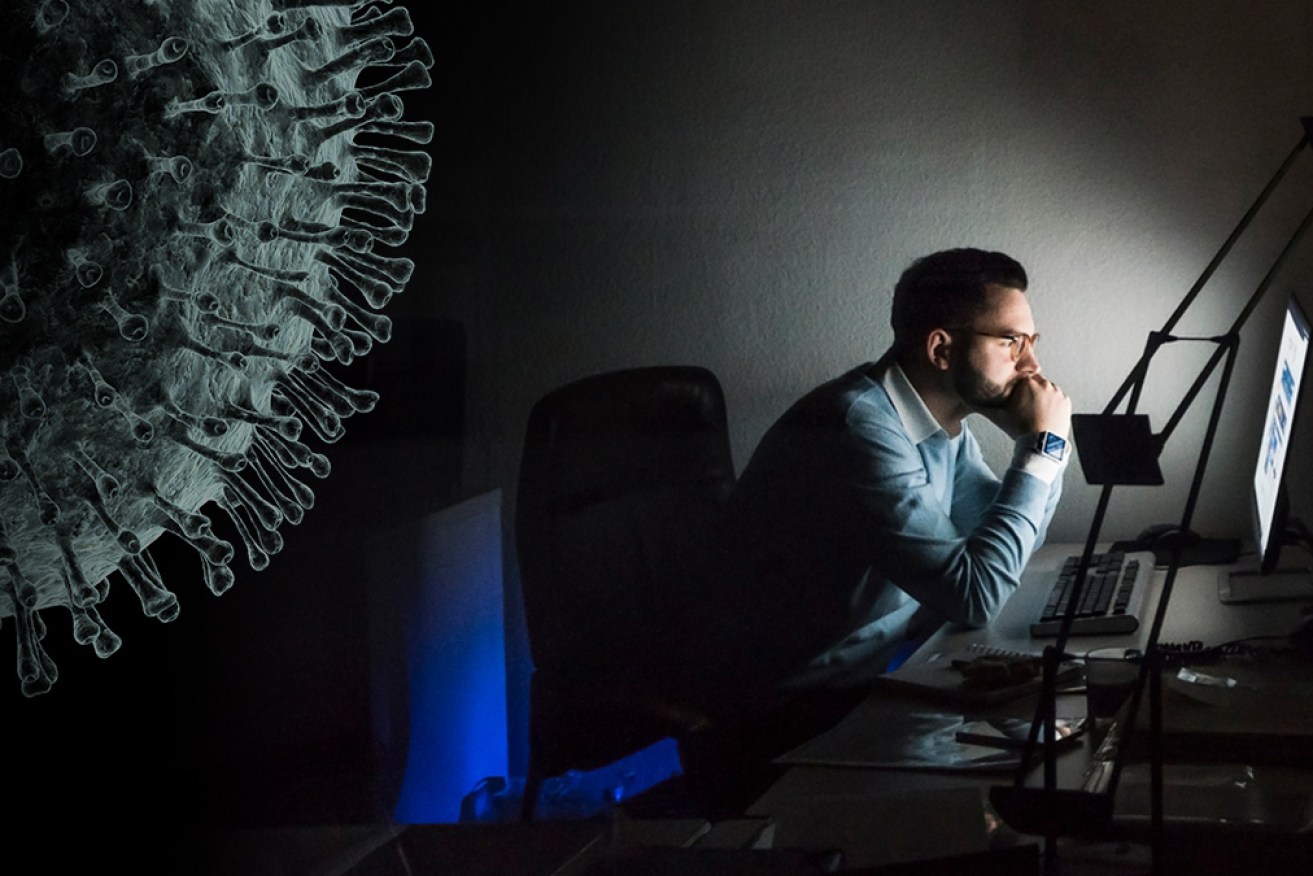
Economists say freelancers and sole traders have been neglected in the government's $17.6 billion coronavirus stimulus package. Photo: Getty/TND
David Howe says he’ll struggle to pay the rent if he loses his freelance work.
The Canberra-based television sports broadcast operator and live music event manager is one of an army of Australians who live from invoice to invoice, or pay cheque to pay cheque.
In recent days, Mr Howe has lost up to 10 jobs following the suspension of the Super Rugby season, with question marks hanging over NRL and AFL games.
This weekend alone, he lost $20,000 after two jobs were cancelled.
Events at his live music venue are delayed until at least May, and his role as a production manager at the Canberra International Music Festival is currently being assessed.
Sometimes work dries up momentarily, and major contracts can help him survive a jobless period of up to six months.
It’s one of the rigours of working as a freelancer in the arts and sports sectors.
But as more events are postponed and mass gatherings shut down as the virus spreads, the once-in-a-100-years pandemic is striking a dismal chord.
Mr Howe says workers like him are being cast to the margins – and with little government support, he expects more freelancers will soon lose all forms of income.
This is going to be a bloodbath,” Mr Howe said.
“If the TV work dries up completely, I’m totally screwed.
“I have survived on next to nothing before but my current circumstances are quite different – I have about two months’ worth of rent in the bank and that’s it.
“The government’s not really sympathetic to the arts sector, so it’s hardly going to be sympathetic to its plight.”
The impact of the coronavirus on creative industries alone is already being tallied, with the I Lost My Gig campaign estimating $47 million in lost income, 190,000 affected jobs and 20,000 cancelled events.
The government is not addressing the ‘spectrum of precarious work’
Freelancers like Mr Howe form part of a cohort of workers that Centre for Future Work director Dr Jim Stanford says are neglected in the government’s recently-announced $17.6 billion stimulus package.
Research conducted by The Australia Institute’s economic arm in 2018 found the share of workers in full-time positions with entitlements had dipped below 50 per cent.
The centre said the trend was propelled by the emergence of the gig economy and the rise in casual and self-employed workers.
The Coalition’s measures will deliver a one-off $750 payment to pensioners and Newstart recipients, and small and medium businesses will receive up to $25,000 to cover wages and salaries.
This leaves everyone from arts freelancers and independent cleaners to contracted security guards and casual hospitality staff in the lurch, as sole traders and freelancers are excluded from these incentives.
However, sole traders have the ability to access a $120,000 instant asset write-off, and casual workers can apply for a Newstart-level sickness allowance if they fall ill or are told to self-quarantine.
Stimulus is the ‘wrong size and shape’
KPMG modelling released on Monday forecast the coronavirus outbreak to knock off 0.9 per cent from Australian GDP, as more Australians succumb to the virus or take leave to care for sick loved ones.
But Dr Stanford said the government’s proposed stimulus is “the wrong size, the wrong shape, and won’t address the people who need it most”, fuelling the crisis further.
“When we last had a recession (early 1990s), most people had a permanent job with entitlements like holiday leave and super,” Dr Stanford said.
“It was painful for a while, but people had a job to go back to.
“Today, that’s not the reality for most workers.
“They experience precarity on a daily basis and when they lose the ability to support themselves, even for a week or two, they’ve literally got nothing to fall back on.
This is the dangerous underbelly of the current labour market.
“And the scary part is it’s not just poverty and human suffering that’s going to result. It’s actually going to make the health crisis worse. Because these people can’t afford to stay home.”
The government is likely to up its spending soon, though.
Treasurer Josh Frydenberg has indicated the government’s commitment to warding off a recession will extend beyond the initial $17.6 billion announced last week.
The Morrison government convened behind closed doors to consider new measures on Monday to tackle the economic headwinds facing vulnerable sectors such as travel.
“We will obviously watch how it is implemented and the effect that it has throughout the community,” Mr Frydenberg told Sky News on Sunday.
“But the coronavirus is not going away, the economic impact is significant and we are approaching this from a position of strength, which has given us the financial flexibility to respond in the way that we have.”
